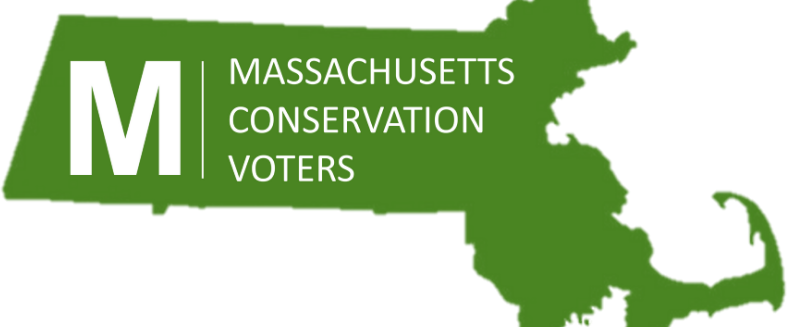John Laidler | The Boston Globe | September 23, 2021
https://www.bostonglobe.com/2021/09/23/metro/should-massachusetts-state-parks-rely-less-user-fees/
Read two views and vote in our online poll.
YES
Doug Pizzi, Executive Director of Massachusetts Conservation Voters; Marlborough resident
In the spring of 2020, as much of the state and indeed the nation was going into lockdown, the state Department of Conservation and Recreation realized Bay Staters would need some respite and decided to keep our forests, parks, and beaches open.
“Get Thee to a Park,” I wrote at the time. And you did in droves, proving our parks are essential to our physical and mental health. Yet a disturbing trend stemming from the 2008 recession continues. User fees, increasing where they exist, and implemented where they did not, represent a futile attempt to replace falling dollars for our parks.
In 2009, DCR budgeted $55.8 million for park operations. The state park retained revenue account, where fees and other DCR income gets deposited, was $6 million. The DCR’s 2022 park operations budget is $50.5 million. The retained account has grown to $25.1 million, half the operations account. In what world does this make sense?
The inverse relationship between tax dollars and fees hurts those who can least afford it. The primary users of the 450,000 acres under DCR management don’t have summer homes on Cape Cod. They don’t fly to Aspen for Christmas. Yet the state has chosen to nickel and dime working families who just want to take a swim or sit in a shady spot.
Following fee increases in 2015 and 2017, this year — for the first time in 125 years — there are parking meters at Revere Beach. Massachusetts Conservation Voters is concerned we are pricing the public out of its own parks during a pandemic, violating environmental justice principles.
Add to that DCR’s admitted $1 billion deferred maintenance backlog, and it’s clear that fees cannot replace tax dollar investment in our publicly owned land. Instead, our parks are declining even as they’re more popular than ever.
A special legislative commission is currently examining DCR operations. There will be a public comment period when its draft report is issued in December. We urge all who love our state parks to tell state government to reverse this regressive fee trend. Give us the parks we deserve and have already paid for with our tax dollars.
NO
William Burke, Director of research at the Beacon Hill Institute, headquartered in Medway
Throughout the COVID-19 pandemic, the Massachusetts Department of Conservation and Recreation has seen a boom in demand for the use of the land that it manages — exacerbating the department’s need for revenue.
That’s why the fees currently charged to people who use the parks make sense. The fact that fees collected for parking and admission to the state parks have risen over the years merely proves the popularity of the services and enjoyment these popular parks provide. Currently, the annual parking pass at state parks in Massachusetts is $60. Daily parking rates vary from $3 to $15 for in-state residents and $3 to $40 for out-of-state residents (excluding parks that charge by the hour). Camping fees vary from $8 to $22 for in-state residents and $20 to $70 for out-of-state residents.
User fees are clearly the most efficient method for raising revenue to pay for public services. Income taxes, for example, are a less dependable source of revenue since they are easily diverted to other uses, especially during an economic downturn. A long-accepted principle holds that, insofar as possible, people should pay for the benefits they receive from services provided by both the private sector and government. It is an idea that most people would support as a matter of common sense.
Fitness centers and health clubs are not funded by taxpayer dollars but with fees charged by those who use those private facilities. Following this logic, the burden of paying for state parks should fall on the people who visit them. Taxpayers who do not go to state parks in fairness should not have to shoulder the burden of providing their services any more than people who do not use fitness centers should have to pay for the services they provide. If user fees are regressive, then so are the prices we pay when we go to the movies or a concert.
Funding for state parks should rely on user fees to pay for basic maintenance and to improve infrastructure. The high demand we have seen for our state parks tells us that people using them are more than willing to pay for the services that they receive.
To read the full article and vote in the poll, please click here.
